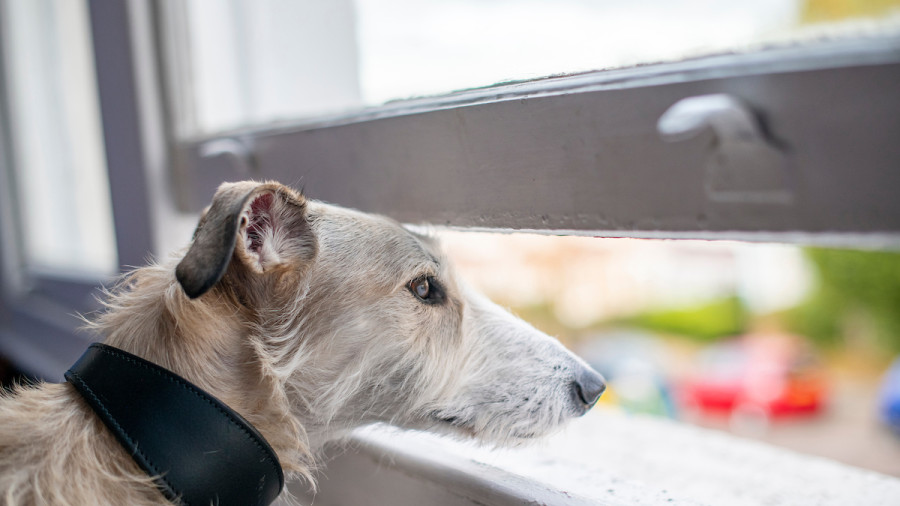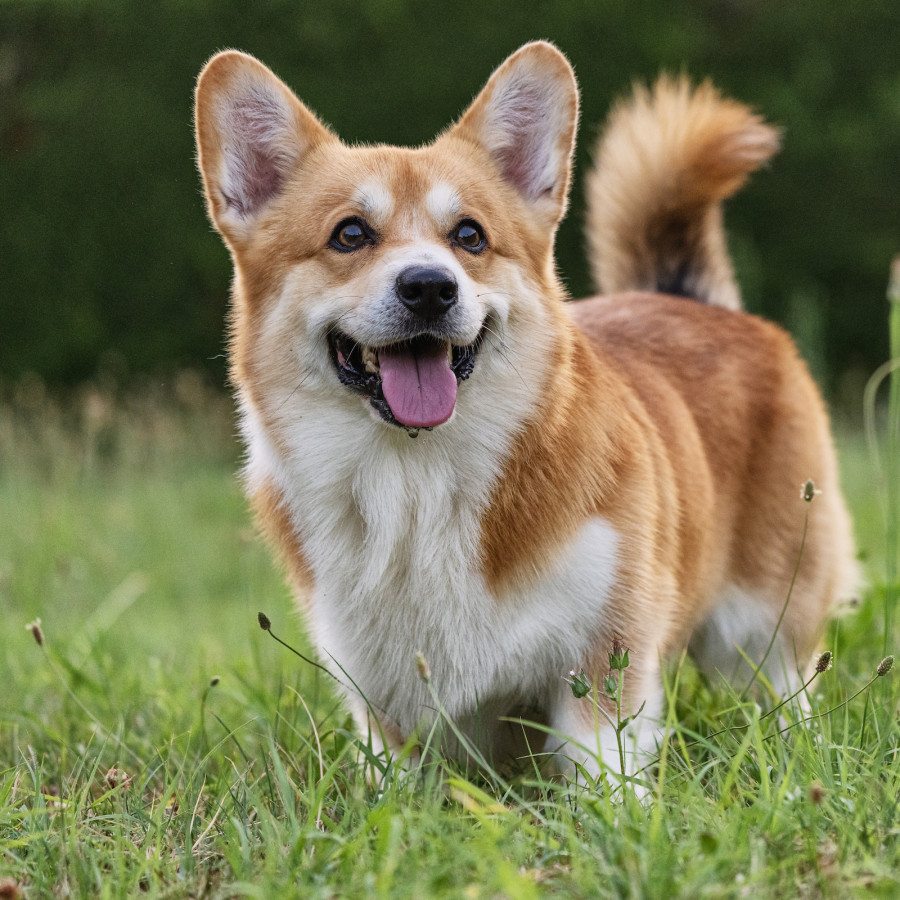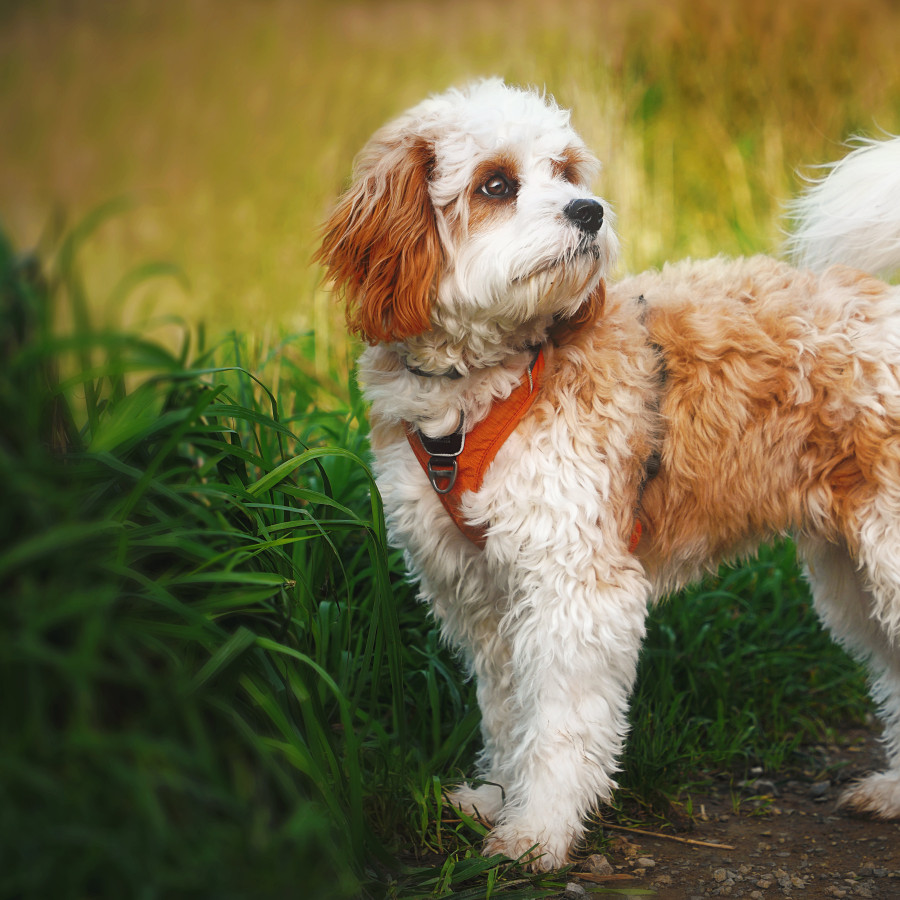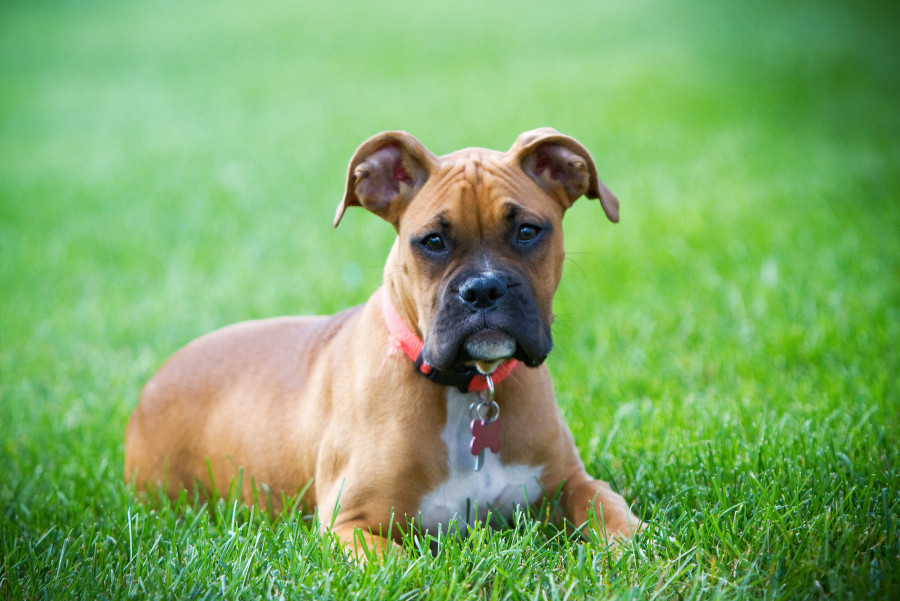
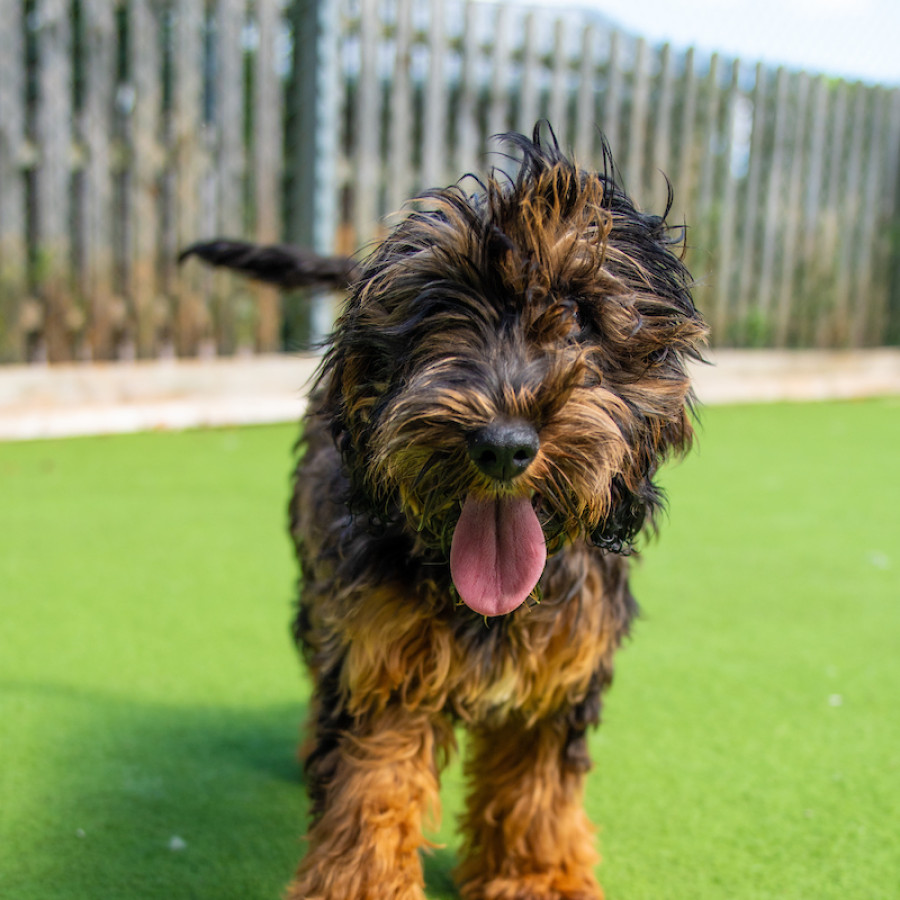
Why do dogs lick you?
My 2-year-old Labradoodle is constantly licking me, and whilst I know it’s normal, it’s starting to feel a bit excessive. Sometimes he even licks himself more than usual, especially around his paws. Is this normal?

My 2-year-old Labradoodle is constantly licking me, and whilst I know it’s normal, it’s starting to feel a bit excessive. Sometimes he even licks himself more than usual, especially around his paws. Is this normal?
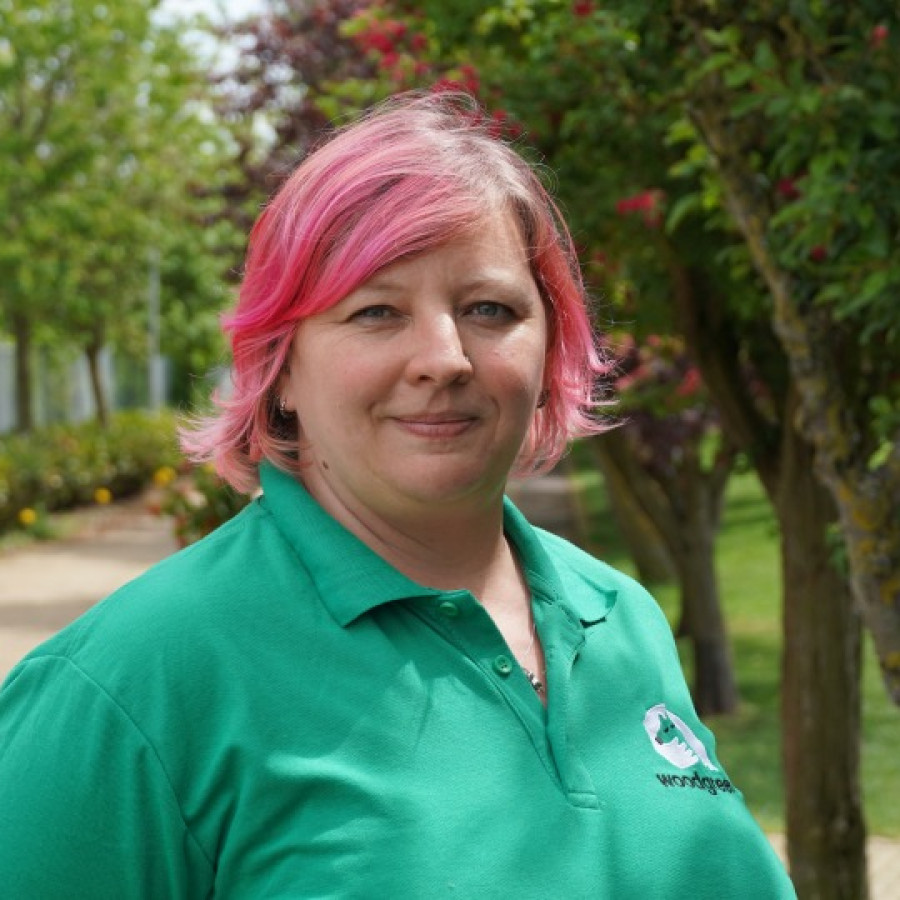
There are many reasons why a dog may lick you, many of them are harmless as it’s a normal behaviour.
Dogs will lick their owners through affection or attention seeking, especially if they’ve learned it gets a reaction. Human skin usually has a slightly salty taste that dogs enjoy. If licking becomes obsessive, or if your dog licks themselves more than is normal when grooming, you might want to find out what the reason is.
Licking the lips or nose is a signal dogs use to say they are feeling a bit unsure, you may see this when you approach them or when they notice something is happening. If someone gets too close, they might give a quick lick to ask for them to move away, which often happens with young children. This is known as a “kiss to dismiss” and is often accompanied by other signs of discomfort such as tenseness in the face, pulled back ears and lowered body carriage. Young children will not understand these signs, so it’s important their parents do! If you see this signal, you should take your child away from the dog to give them some space.
Dogs that lick themselves may be experiencing pain or discomfort. You may see them licking joints or other areas of their body more than normal, and if this occurs, take them to the vet for a check-up. Older dogs may do this due to the onset of arthritis.
Licking behaviour can be problematic when it becomes obsessive for the dog, licking people, things or themselves and finding it hard to stop. It could be a way to relieve stress or anxiety and again, a trip to the vet may be in order.
If your dog is licking due to stress or anxiety, getting cross with them will not help, it could just make the licking worse, as your behaviour will cause your pet to worry more.
If you find it’s difficult to distract your dog from licking, by using another activity such as a puzzle toy, snuffle mat or a walk, you may need to contact a reputable professional for support.
If your dog has learned that licking gets attention, it may take some time for them to unlearn this! Even if you tell them to stop, this could still be attention for your dog. Try to ignore the licking which is hard we know, or get up and move away, as it will send a clear message to your dog to stop. You could also try a toy or a chew as a distraction for their mouth which is a great technique to prevent visitors from being licked too!
I was struggling with my dog's anxiety, especially when we had to leave the house. Thanks to Woodgreen's advice, I've made some changes that have worked wonders. By sticking to a consistent routine, my dog knows what to expect each day, which has significantly reduced her anxiety.
This advice really helped me and my new pup! I tried teaching recall without your guidance and struggled. Woodgreen's step-by-step dog training videos break each action down for you and I'm happy to say we finally made progress!
Give us your feedback and we'll send you advice and tips on caring for your pets. We'd also love to send you updates about Woodgreen, including heart-warming pet stories and ways you can support us.
Please call our pet support line on 0300 303 9333 (7 days a week – 8.30am - 4pm)
